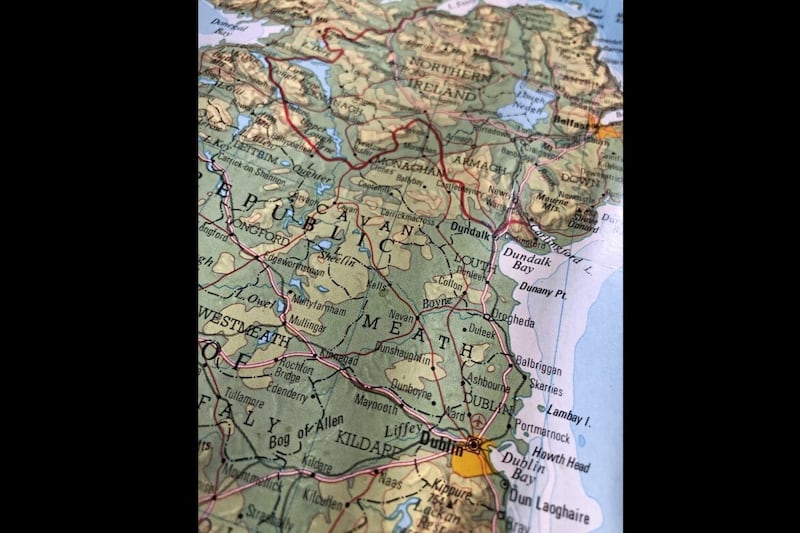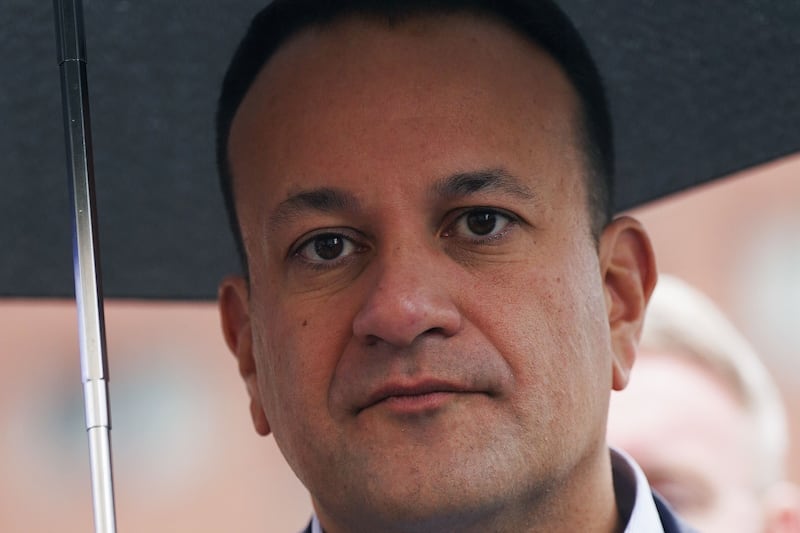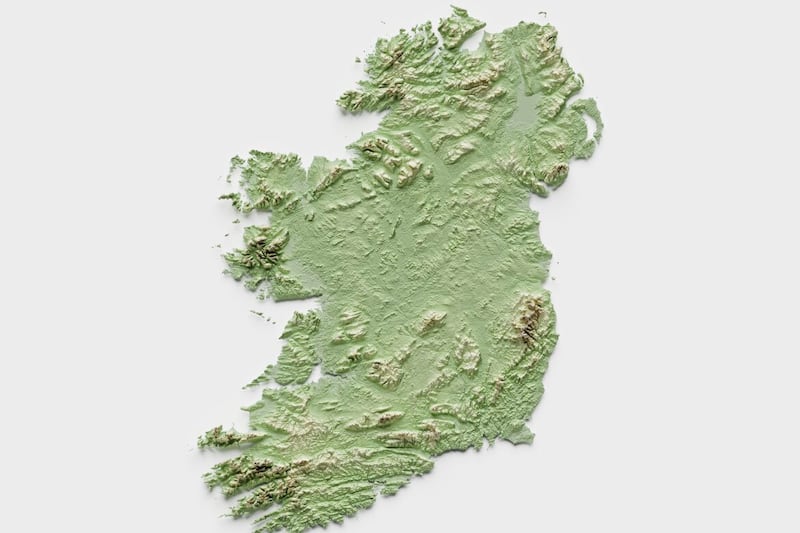Almost a quarter of people from a Protestant background would support Irish unity if it meant they'd be better off, new research reveals.
But the threat of being worse off in a united Ireland would also impact on the outcome of a border poll, the same survey suggests, with 43% of voters in the north who expressed a preference saying they'd be less likely to vote for constitutional change if it meant they would be £3,500 a year worse off.
Conversely, 38% of voters said they would be more likely to vote for a united Ireland if it meant they would be £3,500 better off, including 23% of voters from a Protestant background.
The findings for the Republic in the latest Irish Times/ARINS poll show voters are similarly swayed by the prospect of prosperity or a drop in income.
When asked how it would affect their vote in a unity referendum if they would be €4,000 worse off as a result, 44% said this would make them less likely to vote in favour of constitutional change, including 27% who say it would make them “a lot less likely to vote for Irish unity”.
Read more:
- United Ireland: How a border poll will be called - an explainer
- Will Britain move the goalposts for border poll on Irish unity?
Less than a third of voters in the south (31%) say that the impact on their finances would make no difference.
The survey also asked whether the Republic, which is currently running a large surplus in its public finances, should "invest 10% of its annual budget surplus in a sovereign wealth fund set aside to prepare for a united Ireland".
More than a third of voters in the Republic (36%) agreed with the proposal, while just over a quarter (26%) disagreed, with 29% saying they would like more information before coming to a view.
In Northern Ireland, 44% of people are in favour of the proposal, while 28% are opposed, with 16% saying they'd like to know more.
The poll has a +/-3.1% margin of error.








